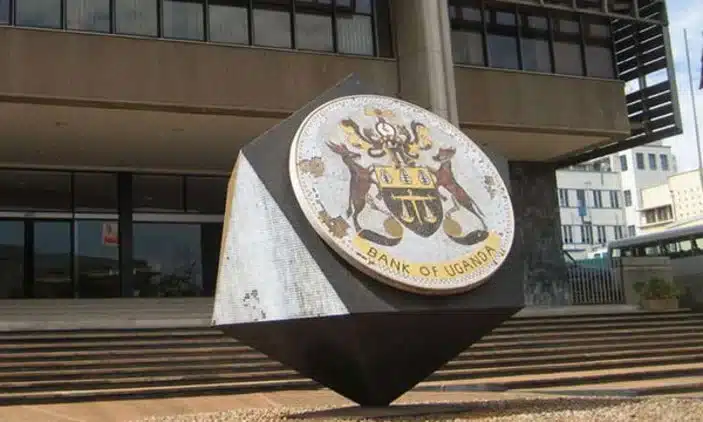The Bank of Uganda (BoU) has announced a significant decline in annual core inflation, which fell to 3.7% in September 2024 from 3.9% in August 2024.
This marks a positive shift in the country’s economic landscape, as the central bank aims to maintain inflation close to its target of 5%.
In the BoU’s latest Monetary Policy Statement, released on October 10, 2024, it revealed that it has reduced the Central Bank Rate (CBR) to 9.75%. This decision is attributed to improved prospects for price stability, reflecting a more favorable economic outlook.
“The stability of the Ugandan shilling against the US dollar has also contributed to this positive trend, bolstered by prudent monetary policies and increased revenue from coffee exports,” the statement read in part.
Additionally, lower demand, reduced costs of imported goods, and a stronger Ugandan shilling may help keep inflation in check.
The statement further noted that Uganda’s economic growth has shown remarkable resilience, averaging 6.6% in the second quarter of 2024, up from 5.6% during the same period last year.
“Looking ahead, the BoU projects that inflation will remain below 5% over the next year, with expectations of returning to the target range within the next two to three years,” the statement added.
However, the BoU noted that there are potential challenges that may remain, namely global trade disruptions, energy price fluctuations, and extreme weather events that could drive inflation higher.
The BoU remains optimistic about the future, anticipating economic growth for the fiscal year 2024/25 to be between 6.0% and 6.5%, with projections of reaching 7% in the subsequent years, supported by lower inflation and government initiatives aimed at bolstering investment in oil and minerals.
The Bank of Uganda continues to monitor the situation closely, ensuring that its monetary policies adapt to the evolving economic landscape.
